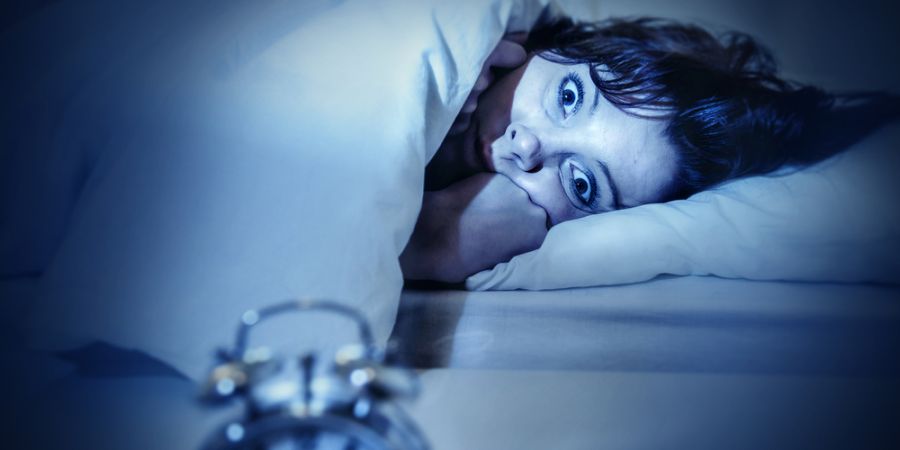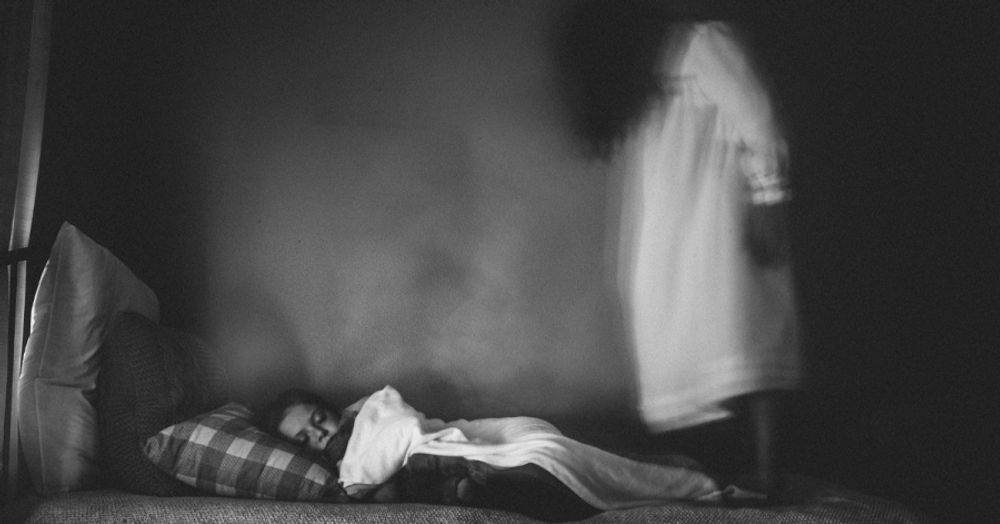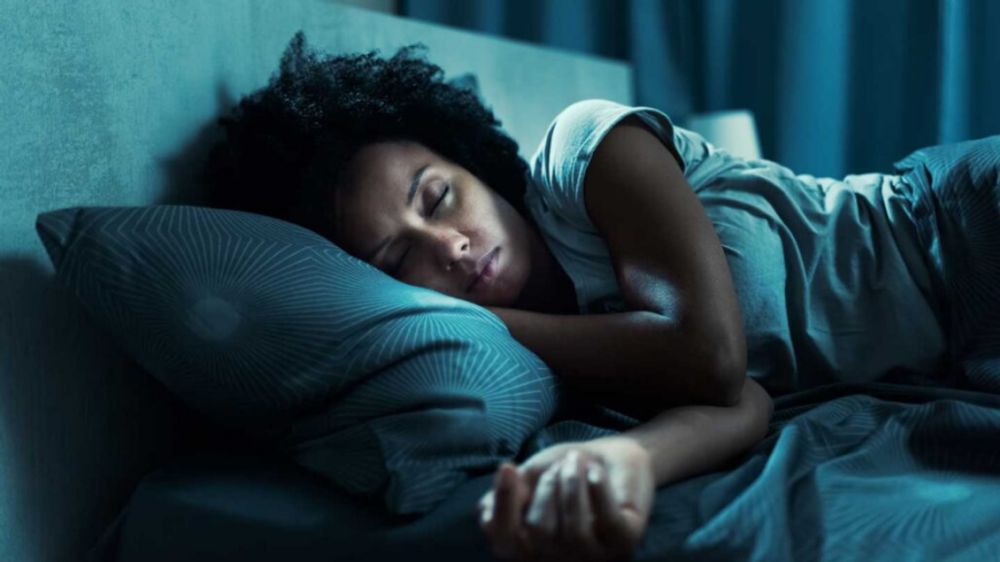

A nightmare is a disturbing dream accompanied by negative feelings, such as fear or anxiety, that wakes you up. Research suggests that playing a positive daytime experience sound through a wireless headband during sleep may reduce nightmares.
The frequency of dreams can have a significant impact on your quality of life, so you should consult a medical professional if you experience them frequently. Sleep deprivation, which can be caused by nightmares, can cause a host of medical conditions, including heart disease, depression, and obesity.

Dream rehearsing might involve rehearsing positive versions of the most common dreams. The journal Current Biology has published a study of these patients by Swiss researchers that takes it one step further.

A wireless headband that plays sounds associated with positive daytime experiences can reduce sleep nightmares. Our emotional well-being is influenced by the types of emotions we experience in dreams, according to lead author Lampros Perogamvros, a psychiatrist at the Geneva University Hospitals. By manipulating dreams, we might be able to help people. This study shows that manipulating dreams in patients with nightmares can reduce the number of emotionally negative dreams.

The number of adults who suffer from chronic nightmares reaches up to 4% at any given time. This condition is often accompanied by waking up in the middle of the night and poor sleep quality. It is common for patients to undergo imagery rehearsal therapy, in which they rewrite their negative dream scenarios and rehearse them during the day. Despite effective treatment, many cases do not respond.

The purpose of this study was to determine whether sound exposure during sleep would improve the success of imagery rehearsal therapy. Perogamvros and his colleagues examined 36 patients receiving this therapy. They practiced every day and wore a headband that would send them a sound during REM sleep for two weeks in order to create an association between a positive version of their nightmare and a sound. When you are in this stage of sleep, it is more likely that you will experience a nightmare.
Participants respected and tolerated the study procedures, such as imagery rehearsal therapy every day and wearing the sleep headband at night, says Perogamvros. Psychiatrists and researchers agree that these findings can be used to study and develop new therapies for emotional processing during sleep."

A decrease in nightmares per week was observed in both groups, although fewer nightmares were observed after implementing the combination therapy. Moreover, their dreams were filled with more joy. To determine if such combined therapy is effective, a larger scale and a variety of populations should be tested.
















